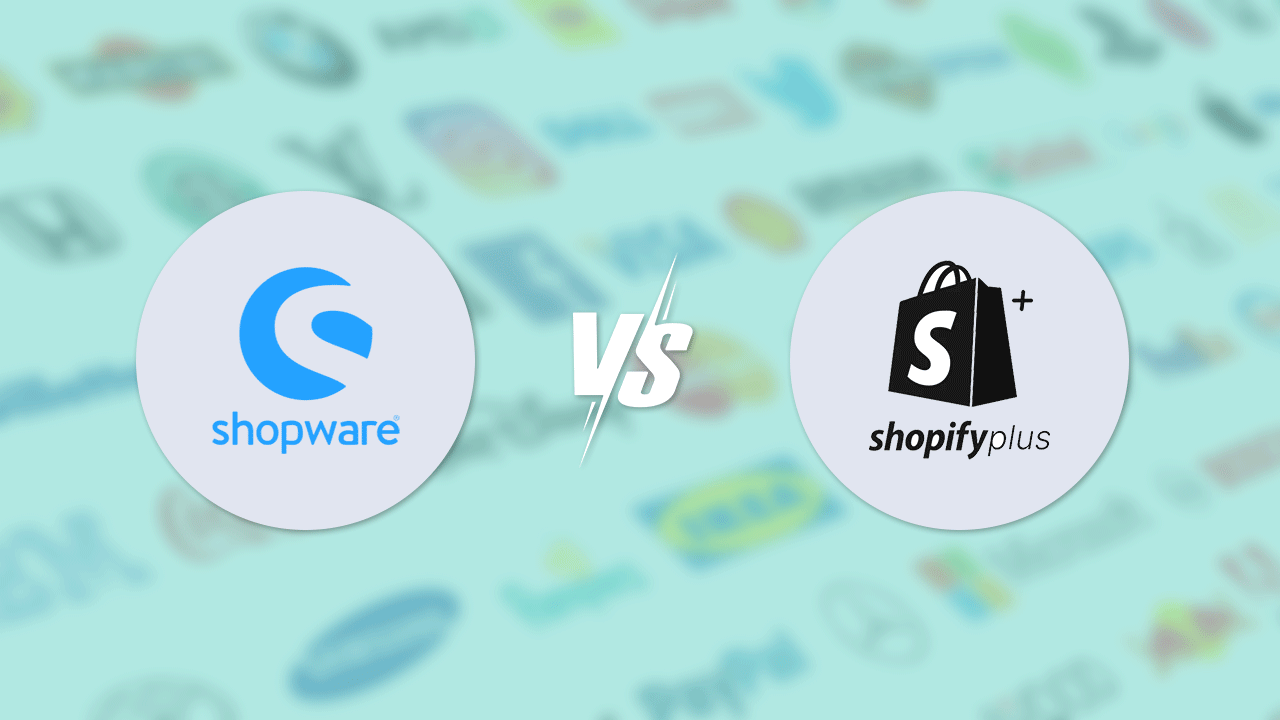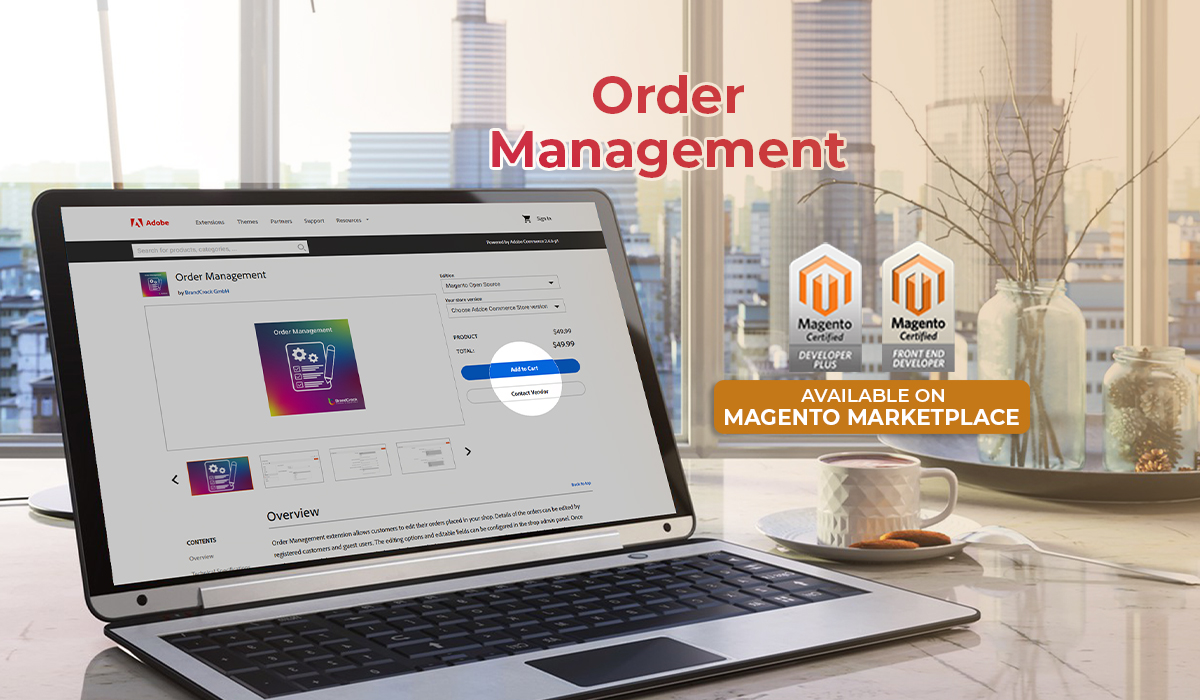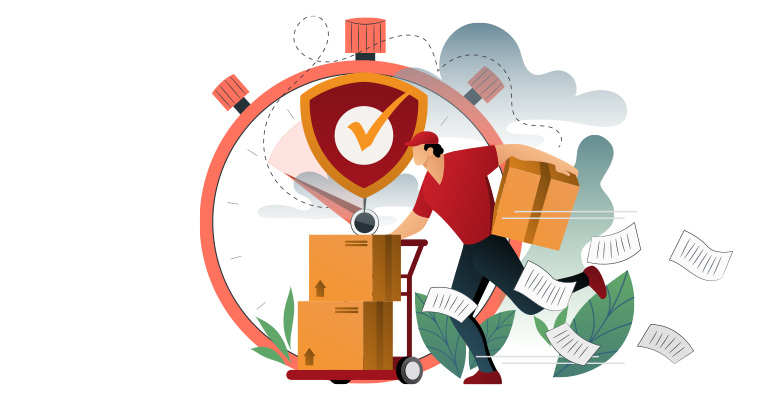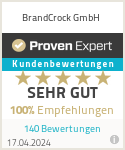Expanding your brand globally sounds exciting, until you hit the tech headaches. Suddenly, you’re dealing with regional storefronts, tax rules, currencies, language variations, and customers who expect a seamless experience no matter where they are.
That’s when your choice of eCommerce platform starts to matter — a lot.
Shopify Plus and Shopware are two names that keep popping up for brands aiming to grow beyond borders. But they offer two very different paths. One is mostly about speed and simplicity. The other leans into flexibility and freedom.
So, which one actually makes more sense in 2025?
Let’s walk through it, in plain terms.
The Big Picture: What Type of Brand Are You?
Before diving into specifics, you have to ask: Do you want full control, or do you want a ready-to-go solution that just works?
- Shopware is for brands that want flexibility, custom development, and open-source freedom.
- Shopify Plus is ideal if you want to get to market quickly with minimal technical hassle.
Think of it this way, Shopware is like designing your own house from the ground up. Shopify Plus is like moving into a fully furnished apartment.
Customization and Flexibility
This is where the gap between Shopware and Shopify Plus becomes very obvious.
Shopware (especially Shopware 6) offers unmatched customization options. You can modify pretty much anything — layout, product logic, checkout flow, integrations, you name it. It’s based on Symfony and Vue.js, which makes it a developer’s dream.
Auf der anderen Seite konzentriert sich die Shopify Plus is a closed system. You can customize the frontend using Liquid (Shopify’s templating language), and Shopify Functions adds some backend logic flexibility, but it doesn’t compare to the open-source capabilities of Shopware.
So, if your brand needs a complex product structure, unique B2B features, or full control over how your site behaves, Shopware has a clear edge.
Speed to Market
Shopify Plus wins here.
Everything is pre-integrated: hosting, CDN, payments, performance, mobile optimization. You don’t have to worry about infrastructure. That’s why many D2C brands choose Shopify Plus, it gets you online fast.
Shopware, in contrast, needs more setup time. You’ll have to deal with hosting (even if you choose the cloud version), configurations, and possibly third-party development work before you go live. But you gain control in return.
Global Commerce Capabilities

Both platforms are capable of going global, but the approach is different.
Shopify Plus supports multicurrency, multilingual, and multi-domain setups. The admin lets you manage multiple stores under one login, and apps like Shopify Markets simplify international pricing and logistics.
Shopware also supports multiple sales channels, currencies, and languages, but it’s not as “plug-and-play” as Shopify. You need to configure many things manually, especially if you’re building custom logic or connecting external systems.
That said, once everything is set up, Shopware gives you more power to fine-tune your international strategy, like adjusting prices based on customer groups or handling regional tax rules with more precision.
Skalierbarkeit
This one’s close. Both platforms scale, but in different ways.
Shopify Plus handles massive traffic spikes effortlessly. That’s one of its selling points. You don’t manage the servers; Shopify takes care of everything. For flash sales, viral campaigns, or influencer-driven traffic, it holds up well.
Shopware can also scale, especially with the enterprise cloud version. But the scalability depends more on how your developers configure things. With the right setup and infrastructure partner, it performs beautifully — even for enterprise-level brands. But it’s not “automatic” like Shopify.
If you want scalability without thinking about it, Shopify wins.
If you want scalable architecture you can shape and control, Shopware wins.
B2B Functionality
This is where Shopware takes the lead.
It has native B2B features like:
- Company accounts with multiple users
- Custom pricing per customer group
- Quote requests
- Complex checkout rules
Shopify Plus added B2B functionality recently, but it still feels like a layer on top of a B2C core. It works, but you might hit limitations if your B2B model is complex or region-specific.
For global brands running both B2C and B2B channels, Shopware offers more depth without relying heavily on third-party apps.
Extensions and Ecosystem
Shopify Plus has a massive app store with thousands of integrations. You can plug in CRMs, marketing tools, subscriptions, reviews, loyalty, basically anything. That’s the beauty of its ecosystem.
But here’s the catch: you often rely on paid apps to do even basic things.
Shopware’s plugin store is smaller but growing. More importantly, you can build your own plugins or modify existing ones without hitting platform restrictions. It’s ideal for brands that want custom features without monthly app fees.
Also worth noting: Shopify is stricter about what developers can access. With Shopware, you’re never locked out of your own backend.
Pricing and Cost Structure
At first glance, Shopify Plus seems simple: you pay a monthly fee (starting around $2,000) and a cut of sales (transaction fees, unless you use Shopify Payments). But then come the app fees, payment gateway markups, and customization costs.
Shopware’s pricing is more layered. If you go with Shopware Cloud, it starts low but adds up depending on features and users. If you go open-source, you’ll need a developer or agency to build and maintain your shop.
Here’s how it usually plays out:
- Short-term: Shopify Plus looks cheaper and faster to launch.
- Long-term: Shopware can be more cost-efficient, especially if you want to avoid recurring app fees and have in-house development capabilities.
SEO and Content Management
Shopware offers more flexibility here. You have full access to URLs, metadata, and site structure. If you’re serious about SEO, especially international SEO, this matters.
Shopify Plus is solid, but there are restrictions. For example, you can’t fully control the URL structure (e.g., /collections/ can’t be removed). You may need apps or workarounds to implement custom SEO strategies.
For content management, both platforms offer CMS features. Shopware’s CMS (Shopping Experiences) is powerful and easy to use, especially for landing pages or product storytelling. Shopify Plus has improved a lot in this area too, especially with the Online Store 2.0 update.
Developer Freedom
Let’s be blunt, Shopify Plus doesn’t give developers full access. It’s not meant to.
Yes, you can build powerful storefronts using Liquid and headless options like Hydrogen. But backend-level customizations are limited unless you’re using Shopify Functions—and even those have guardrails.
With Shopware, your developers can do almost anything. You can build entirely new features, connect with ERPs, extend admin functionality, or even create APIs. That’s a big deal for brands with complex operations or in-house tech teams.
Support and Community

Shopify has an enormous support team and global presence. You’ll find tutorials, forums, and partners everywhere. Their response time is quick, and they’re used to helping non-technical users.
Shopware has strong community roots—especially in Europe—and a growing international support network. But keep in mind: much of the technical help is developer-oriented. If you’re not working with an agency or experienced developers, you might feel a bit lost.
If you’re a global brand with a dev team or agency backing, both platforms are safe bets. But if you need more hand-holding, Shopify Plus feels more user-friendly out of the box.
Final Thoughts: So, Who Wins in 2025?
It depends on what kind of control and complexity you want.
Wählen Sie Shopware if:
- You need full control over how your store works
- You run complex B2B/B2C operations
- You want to build custom features or integrate deeply with ERPs
- You have (or plan to hire) a skilled dev team
- You want long-term flexibility and cost control
Wählen Sie Shopify Plus if:
- You want a global store live quickly
- You prefer a fully managed system
- You’re mostly B2C with straightforward needs
- You’re OK using prebuilt apps and templates
- You want to focus on growth without worrying about tech
BrandCrock wählen work with both platforms every day, and the choice always comes down to business priorities. There’s no universal winner. But for global brands in 2025, making the right call early can save a lot of time, money, and effort later.






